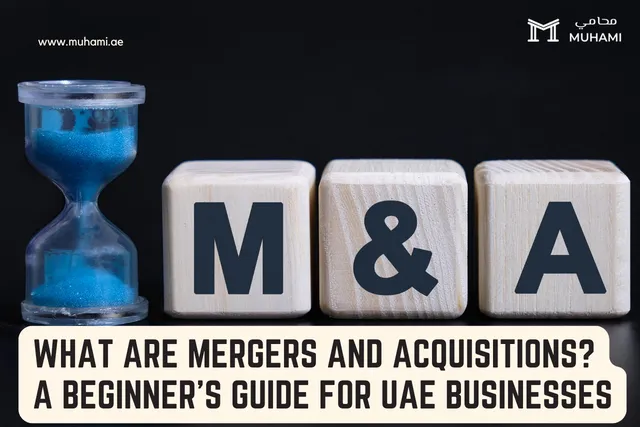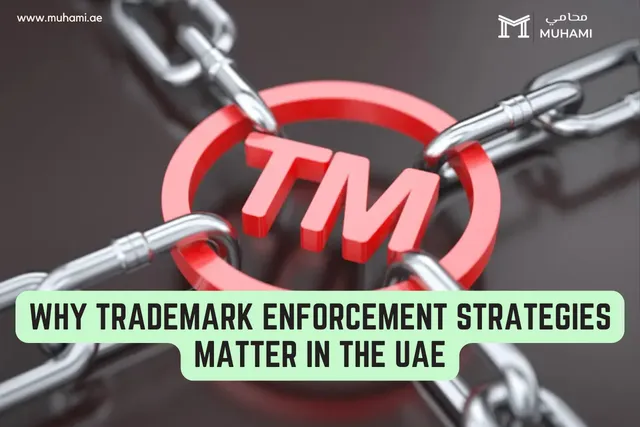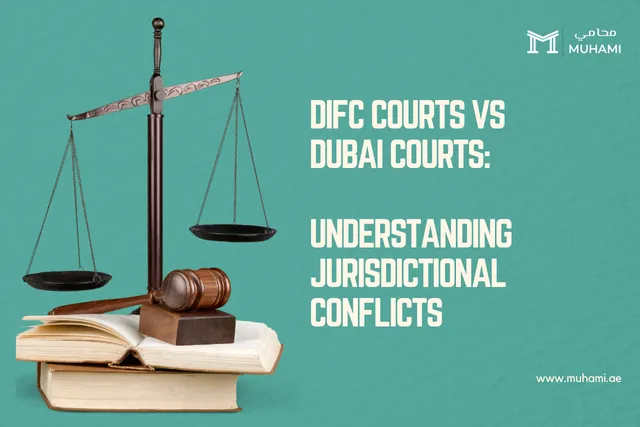A Cheat Sheet for Corporate Lawyers New to the UAE

When I was new to the UAE, I had countless questions about the country's legal system but did not know where to turn to. This proved to be my first lesson – there are but a few English commentaries or guides on the UAE legal system. After learning on the job and soaking up information like a sponge, I thought of writing a cheat sheet which may be useful for those new to the UAE. Here you go:
1. UAE Constitution
The UAE Constitution is a must-read for an understanding of the political, executive, and legislative system in the UAE. In brief, the UAE is a combination of a monarchy and a federation – each of the 7 emirates is governed by a hereditary ruler and the Emirates together form a federation. Understanding the separation of powers between the Federation and the Emirates and the lawmaking process will put you in good stead.
2. UAE Legal System
The UAE follows a mixed legal system of civil law and Islamic law (or sharia law). Most of the commercial laws are codified such as those governing companies, contracts, anti-trust, real estate, intellectual property, and employment. Sharia law comes into play typically only in criminal, personal, and finance matters.
The country also has two financial free zones, the Dubai International Financial Centre (DIFC) and the Abu Dhabi Global Markets (ADGM), which are distinct jurisdictions in that they have their own Courts and whose laws are largely based on English law. Parties based outside the free zones can also voluntarily subject themselves to the jurisdictions of these Courts. As such, you will find common law influences in the UAE. I find this rather unique.
3. Laws in Arabic
The laws are promulgated in Arabic and a non-Arabic speaking foreign lawyer will have to rely on translations. Note that in the event of a conflict in interpretation, the Arabic version will prevail. As such, if the translation is unclear, it is a good idea to check other translations, if you can find another. You may be surprised at the varying interpretations. If you’re still confused, consult your Arabic speaking colleague and that might solve your problem!
4. Jurisdictions
There are three jurisdictions in the UAE for doing business:
- Mainland/Onshore: Companies incorporated in the UAE mainland are regulated by the relevant emirate’s department of economic development (DED). Mainland entities are popular in that there are no geographical trading restrictions associated with such entities. Companies with foreign ownership are, however, required to have a 51% local shareholder although foreign investors may retain control over the management and profits of such companies by way of a shareholders agreement. In addition, the local DED generally allows companies to have a differing profit distribution ratio in the company’s memorandum of association, as long as the profit share of the local partner does not fall below a certain threshold (eg. 20% which is the typical threshold in Dubai).
- Free Zones: The UAE has over 40 free zones, each regulated by their respective free zone authority. Free zone companies can trade only within the free zone and outside the UAE. That said, there is an element of flexibility for companies engaged in services who often have mainland clients as it isn't feasible to service only free zone clients. As such, the geographical restrictions primarily apply to trading companies and to the movement of goods outside the free zone as such movement would attract the application of customs duty.
- Offshore: There are three offshore registries in the UAE, although the popular ones are the Jebal Ali Free Zone Authority (JAFZA) in Dubai and the RAK International Corporate Centre (RAK ICC) in Ras Al Khaimah. As the name suggests, offshore companies in this jurisdiction can only do business outside the UAE.
5. No Central Registries
There is no central registry of companies in the UAE although you may find limited information about mainland companies from the DED websites and the National Economic Register. Neither are the litigation records or the land title records publicly accessible. This means that due diligence can be a difficult exercise if you wish to carry it out on a no-names basis. Nevertheless, there are tools you will discover in due course to dig out some basic information. Check out this article co-written by me for tips on conducting due diligence in the UAE.
6. Legalization of Documents
The UAE is not a member of The Hague Convention. This means that an apostille affixed to a document is not accepted as an authenticated document. A document brought from outside the UAE will have to be consularised i.e. attested by the UAE embassy in the country of origin of the document. The UAE embassy of such country, will, in turn, have its own sets of requirements before attesting the document (eg. POAs have to be notarized before the UAE embassy attests it). Once brought to the UAE, the document will require attestation at the Ministry of Foreign Affairs. Further, depending on the authority to which the document is being presented, it may have to be translated into Arabic and further attested by the Ministry of Justice. Whew!
7. Power of Attorneys
I had never given powers of attorney (POAs) much thought until I came to the UAE. However, it is now part of my daily legal lingo. A representative or signatory of a corporate person appearing before any public authority (including many of the free zones) must present a fully legalized POA from the shareholders clearly specifying the powers of the attorney. This, of course, can be an administrative burden as scanned copies of board or shareholder resolutions are not accepted by most authorities except in the DIFC and the ADGM.
It is also common for public authorities to question the powers of a POA holder when the powers, although drafted in the widest possible terms, are not specific enough. This can be baffling and frustrating for a common-law lawyer especially considering that the parties have taken the pains to go through the lengthy legalisation process for the POA. In such circumstances, take a deep breath and use this as an opportunity to hone your persuasion skills.
8. Red Tape
You will encounter red tape that will make you want to throw your hands up in the air. In such moments, it helps to be patient. Besides, the UAE government is taking strides in attempting to digitalise many governmental processes and in making 'smart cities' which is promising.
9. Constitution Documents of Companies
The most popular legal form for businesses in UAE mainland is a limited liability company (LLC). As against common law jurisdictions, LLCs do not have a certificate of incorporation but only have trade licenses which are annually renewable. In addition, LLCs typically only maintain a memorandum of association (MOA) which are comprehensive and incorporate provisions that you would typically find in articles of associations (AOA).
10. Manager and Director
I was a bit surprised at first to hear the term ‘manager’ as previously I was used to the term 'directors' as the ones who managed the company. As such, the manager of a company is the person who represents the company before government authorities and whose name appears on the trade license of the company. Note that a manager must have an extensive POA from the shareholders of the company to be able to effectively manage the company’s business.
Note that it is quite uncommon for LLCs to have a board of managers/directors to manage the company with many LLCs having just a single manager. In addition, bear in mind that the terms ‘manager’ and ‘director’ are often used interchangeably and so references to directors in certain contexts could mean a reference to the manager. There's a lot more that can be written on this subject and that could in itself be the subject of another article!
I hope you found the above a useful introduction to the UAE. If you are a seasoned UAE lawyer and have anything further to add to this, please do so in the comments section.
Any Questions?
Connect with lawyers and seek expert legal advice
Share
Find by Article Category
Browse articles by categories
Find Article by Practice Area
Browse articles by practice area
Featured Partnership
She Knows Best
Anonymous Advice, For Women By Women
Related Articles

What Are Mergers and Acquisitions? A Be…
Mergers and acquisitions (M&A) are big moves that can transform a busi…

What Are Mergers and Acquisitions? A Beginner’s G…
Mergers and acquisitions (M&A) are big m…

Why Trademark Enforcement Strategies Ma…
Why Trademark Enforcement Strategies Matter in the UAE The UAE is a very vib…

Why Trademark Enforcement Strategies Matter in th…
Why Trademark Enforcement Strategies Matter in th…

DIFC Courts vs Dubai Courts: Understand…
The UAE adopts a dual legal system of Civil and Sharia laws. This legal structu…

DIFC Courts vs Dubai Courts: Understanding Jurisd…
The UAE adopts a dual legal system of Civil and S…
